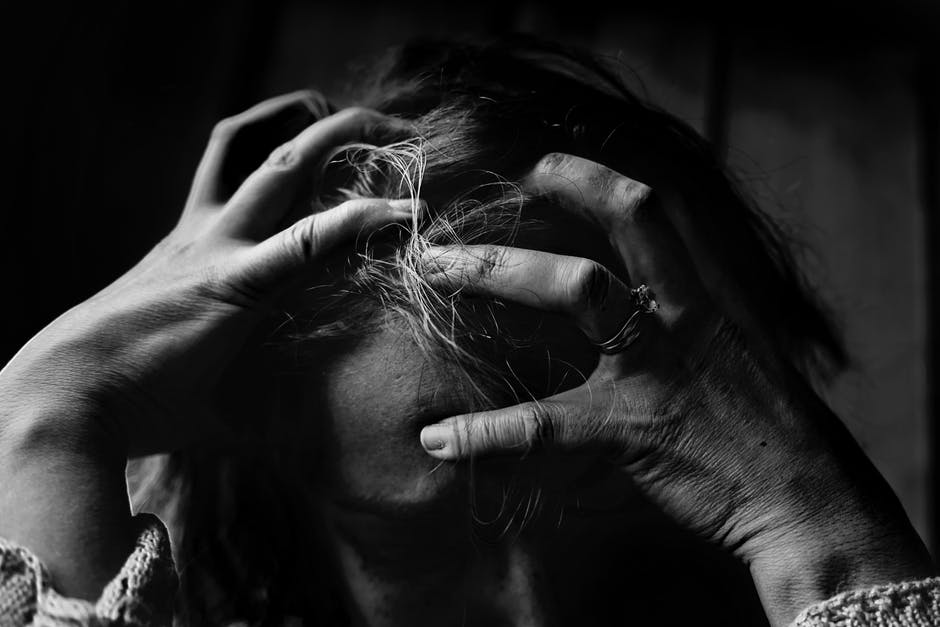Why are women more likely than men to experience depression symptoms?
Women are twice as likely as men to be diagnosed with depression — in fact, nearly 30 percent of women in the United States report depression symptoms, according to the National Institue of Mental Health (NIMH).
And while women and men can have similar depression symptoms, women are more likely to experience feelings of guilt and anxiety, sleep excessively, have an increased appetite, and gain weight.
Depression: Why More Women Experience it
Researchers are still looking for reasons why women are more likely than men to suffer depression, but there is evidence that the following may play a role:
- Hormone fluctuations. Hormone levels fluctuate throughout a woman’s life. The hormonal changes that occur during puberty, during the premenstrual period, around pregnancy, and around the time of menopause may cause changes in brain chemicals that regulate emotion and mood, triggering depression
- Premenstrual syndrome. In severe cases of premenstrual syndrome, known as premenstrual dysphoric disorder (PMDD), women may experience depression and other symptoms before menstruation. It is not yet known why, but some women are more sensitive than others to the hormonal changes that occur during the menstrual cycle.
- Pregnancy and childbirth. After giving birth, women are susceptible to postpartum depression. Postpartum depression is related to the hormonal and physical changes women experience after giving birth, as well as the responsibility of caring for a baby.
- Reactions to stress. The loss of a loved one, an illness, a difficult relationship, or another stressful life situation can trigger a depressive episode. Women tend to feel stress for a longer period of time after such an event, which may make them more vulnerable to depression.
- Ruminative thinking. Women tend to practice ruminative thinking, which is repetitively focusing on symptoms of distress and what is causing them. There is evidence that ruminative thinking is associated with more severe episodes of depression.
- Birth control pills. Taking oral contraceptives, particularly those with a high progesterone content, is a risk factor for depression.
Depression: How Women Can Cope
Many women live with their depression without seeking help. But depression is a highly treatable illness, and treatment can help you live a happier and more productive life. Your doctor can diagnose and treat your condition, or refer you to a mental health professional who is experienced in dealing with depression.
Your doctor will talk with you about your symptoms and look for medical reasons that may be responsible for your depression symptoms. Your doctor also will ask:
- How are you sleeping?
- How is your appetite?
- Has your weight changed?
- How is your energy level?
- How is your concentration?
- Are you having difficulty paying attention?
If you’ve been experiencing issues in these areas, your doctor will want to know the extent to which they have impacted your life.
If you do need treatment for depression, the most common therapies include antidepressants and psychotherapy. Antidepressants work by acting on brain chemicals that regulate mood and emotion. In psychotherapy, or “talk therapy,” a therapist will teach you how to alter your thinking and behaviors to lessen your depression symptoms.
Treatment for depression may not work right away, but you can expect your mood to gradually improve after you start treatment. During treatment, take good care of yourself, try to participate in activities you enjoy, and postpone any life-changing decisions, such as seeking a divorce or making a job change, until you are feeling better.
Originally Written By:
Krisha McCoy
Source:
https://www.everydayhealth.com/depression/women-and-depression.aspx

